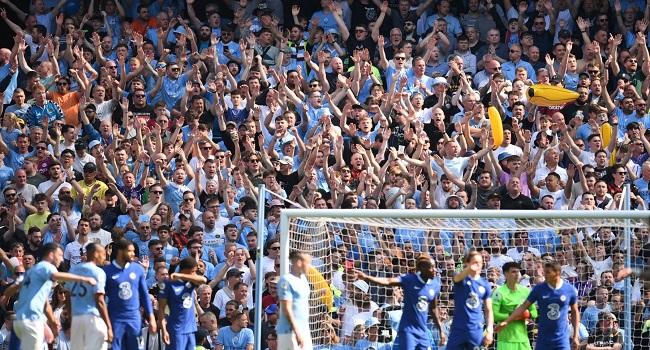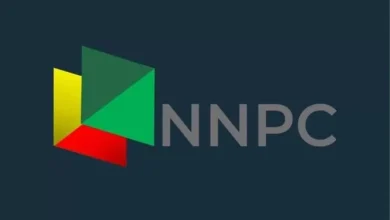Guinea’s Junta Proposes Lengthened Presidential Terms in Controversial Draft Constitution

Guinea’s military-led government has unveiled a draft constitution that proposes extending presidential terms from five to seven years, while maintaining a two-term limit raising fresh concerns about the junta’s long-term grip on power.
The draft, presented last Thursday to junta leader General Mamadi Doumbouya, comes ahead of a planned constitutional referendum in September.
The new charter is being touted as a steppingstone back to democratic governance following the 2021 coup that ousted former President Alpha Condé.
Crucially, the document does not clarify whether General Doumbouya himself will be eligible to run in future presidential elections—a prospect that has triggered growing speculation amid shifting rhetoric from his allies.
Although Doumbouya initially pledged not to participate in any post-transition polls and the junta’s original roadmap prohibited military figures from contesting, recent endorsements from key political figures close to the regime have sparked fears of a walk-back on that commitment.
Beyond presidential tenure, the proposed constitution introduces several notable reforms. It aims to:
-
Elevate African languages to official status alongside French
-
Mandate a 30% quota for women in elected positions and leadership roles
-
Reaffirm the two-term presidential limit—a clause controversially scrapped by Condé in 2020 before his overthrow
Despite these progressive elements, critics argue the proposal could entrench authoritarian rule under the guise of reform.
The junta had previously assured international partners it would return Guinea to civilian-led governance by the end of 2024. However, that timeline has already been delayed once—and now, analysts say, the upcoming referendum could be used to legitimize a prolonged military presence in politics.
Since taking power, the junta has imposed tight restrictions on civil liberties, banned public protests, and cracked down on dissent. Opposition figures and civil society groups have repeatedly questioned the sincerity of the transition process.
Observers are closely watching whether the September vote will lead to a credible democratic process or serve as a pretext for General Doumbouya’s political ambitions.





